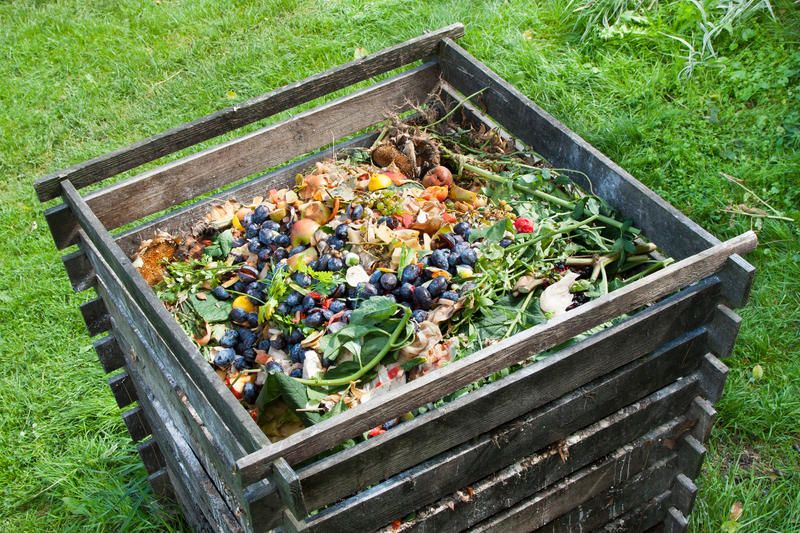Posted on 29/10/2024
Our planet is currently grappling with a monumental issue: plastic pollution. With over 8 million tons of plastic waste entering our oceans each year, the need to reduce our plastic footprint is more critical than ever. This guide aims to provide you with a comprehensive approach to minimizing plastic use in your daily life, thereby contributing to a healthier and more sustainable planet.
Understanding Plastic Pollution
Plastic pollution adversely affects marine life, human health, and ecosystems. The overwhelming majority of plastics are non-biodegradable, meaning they persist in the environment for centuries. Microplastics, which result from the breakdown of larger plastic items, infiltrate water sources and the food chain, posing serious health risks.

Assessing Your Plastic Footprint
The first step in reducing your plastic footprint is to assess how much plastic you use. This can be achieved by tracking your plastic consumption for a week or even a month. Categorize your usage into single-use plastics, such as grocery bags, straws, and packaging, and longer-term plastics, like household items and clothing.
Making Sustainable Choices
Once you've assessed your plastic footprint, the next step is to make more sustainable choices. Here are several areas where you can start:
Reusable Alternatives
Investing in reusable items is an effective way to reduce your reliance on single-use plastics. Here are some common items you can switch out:
- Shopping Bags: Replace plastic bags with reusable cloth or jute bags.
- Water Bottles: Opt for stainless steel or glass water bottles instead of plastic ones.
- Straws: Use metal or biodegradable straws.
- Food Containers: Glass or stainless steel containers are excellent substitutes for plastic Tupperware.
Eco-Friendly Packaging
Choosing products with minimal or eco-friendly packaging can significantly impact your plastic footprint. Look for brands that use recyclable, compostable, or biodegradable materials. Bulk shopping is another great option, as it reduces the need for multiple layers of plastic packaging.
Avoiding Single-Use Plastics
One of the simplest ways to cut down on plastic waste is to avoid single-use plastics. Items such as plastic cutlery, coffee cups, and cling film can often be swapped for more sustainable alternatives like wooden cutlery, ceramic mugs, and beeswax wraps.
Recycling and Upcycling
While reducing plastic use is ideal, some plastic waste is inevitable. Ensuring that this waste is recycled correctly can help mitigate its impact on the environment. Additionally, consider upcycling--converting old plastic items into new, functional objects. This not only reduces waste but also encourages creativity and innovation.
Supporting Plastic-Free Initiatives
Community engagement is crucial for broader environmental impacts. Supporting plastic-free initiatives, participating in local clean-up operations, and advocating for policies that reduce plastic production and waste are effective ways to amplify your efforts. Encouraging local businesses to adopt sustainable practices can also contribute to the broader plastic reduction movement.

Educational Efforts
Raising awareness about the issues surrounding plastic pollution can create a ripple effect. Educate your family, friends, and community about the steps they can take to reduce their plastic footprint. Social media platforms, workshops, and seminars serve as excellent avenues for spreading this vital message.
Conclusion
Reducing your plastic footprint requires a multi-faceted approach encompassing individual action, community involvement, and systemic change. By adopting sustainable practices and educating others, you can make a significant contribution to mitigating the devastating effects of plastic pollution. Small changes in our daily lives can collectively lead to a substantial positive impact on our environment. Let's all take the necessary steps to ensure a cleaner, healthier planet for generations to come.
Latest Posts
Tips for Proper Disposal of Regular Waste
Garbage Cleanup Bags - Efficient Skip Substitute

































 Get a Quote
Get a Quote